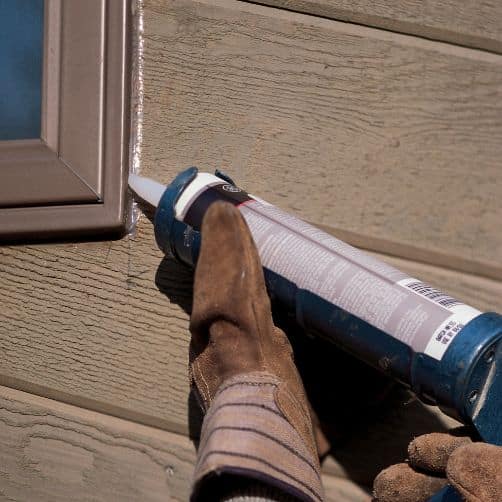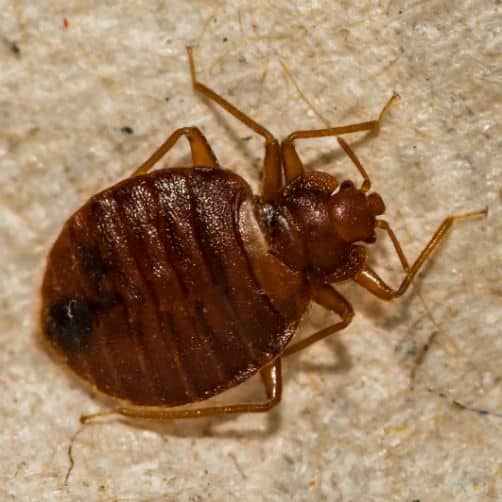
Mouse in the House! How to Prevent an Infestation
Mice are small rodents that can cause significant damage to your home or business if they are not quickly identified and dealt with. Mice reproduce rapidly so they can quickly become an infestation and cause damage to your home’s structure. It’s important to prevent them from coming into your house, and eliminate them quickly if they do get in.
Mouse Damage
Mice can cause damage to your house by chewing through electrical wires, insulation, and wood. This causes damage to your home’s structure and can create fire hazards.
Mice can also be a health hazard. They can contaminate your living space with their droppings, urine, and saliva, which can pose health risks to you and your family. Additionally, they can carry diseases that can be transmitted to humans, including Hantavirus, Salmonella, and Lymphocytic Choriomeningitis (LCMV).
Mouse Reproduction Rate
Mice are known for their rapid reproduction rate. Female mice are capable of reproducing at just six weeks of age and can produce litters of 5-10 pups every three weeks. In ideal conditions, a single pair of mice can produce hundreds of offspring in a year. This also means that if you see one mouse, there are likely more that you haven’t seen yet! It is important to control their population quickly to prevent damage to property and the spread of disease.
Signs of a Mouse Infestation
Here are some common signs of a mouse infestation:
-
- Droppings: Mouse droppings are small and dark, resembling tiny pellets or a black grain of rice. You may find them in areas where mice are active, such as near food sources or in dark corners.
- Gnaw marks: Mice have teeth that never stop growing, so they constantly gnaw on materials to wear them down. Look for gnaw marks on furniture, baseboards, and even electrical wires.
- Squeaking or rustling sounds: Mice are active at night, so you may hear them moving around in walls, attics, or other hiding places.
- Nests: Mice build nests out of shredded paper, fabric, and other soft materials. Check in dark corners, attics, and basements for signs of a mouse nest.
- Tracks: Mice will leave tracks in areas where they frequently travel. Look for small footprints, tail marks, and smudge marks along walls and baseboards. There could also be a dirty path near the walls or around furniture.
If you suspect a mouse infestation, it is important to take action immediately to prevent further damage and potential health hazards.
How to Keep Mice Out of Your House
It is important to take steps to keep mice out of your house. Here are some tips that can help:
-
- Seal any holes or cracks in your walls, floors, and foundation that mice can use to enter your home. Use a sealant or caulk to fill in any gaps. Mice can fit through gaps the size of a dime or smaller.
- Keep your home clean and tidy. Mice are attracted to food scraps and clutter so make sure to clean up spills and crumbs, and store food in airtight containers.
- Use mouse traps or baits. Place them in areas where mice are likely to be, such as near walls or in corners.
- Use peppermint oil. Mice dislike the smell of peppermint, so placing cotton balls soaked in peppermint oil in areas where mice are likely to enter can help deter them.
- Get a cat. Cats are natural predators of mice and can help keep them out of your home.
If you suspect that you have a mouse infestation, it is important to take action quickly. Contact the EcoGuard Pest Control to help you identify the extent of the problem and develop a plan to eliminate the mice from your home. By acting quickly, you can prevent a small problem from turning into a major infestation.



